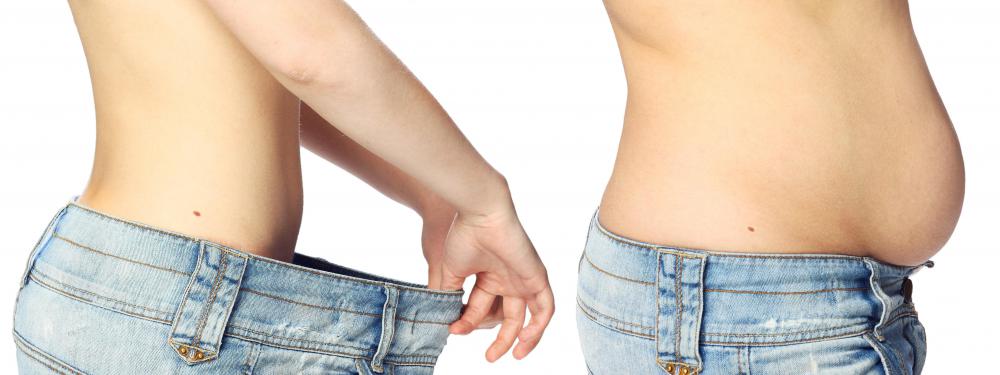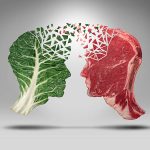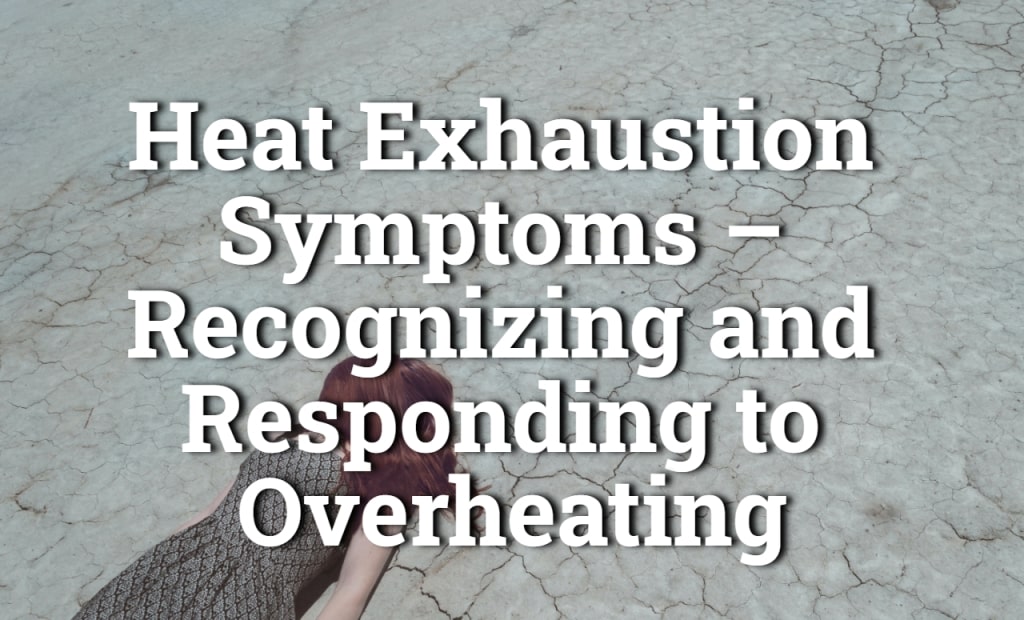
If you’re wondering, “Will I gain weight after gallbladder removal?” The answer is not straightforward. While some individuals may experience weight changes following the surgery, it’s important to understand the factors involved. In this article, we’ll explore the topic in depth to provide clarity and insights.
We’ll discuss the role of the gallbladder, potential factors contributing to weight changes, and lifestyle recommendations for managing weight post-surgery. Remember, everyone’s experience is unique, and it’s crucial to consult with your healthcare provider for personalized guidance.
Let’s unravel the complexities surrounding weight changes after gallbladder removal and equip ourselves with knowledge for a balanced and healthy journey.
Understanding the Role of the Gallbladder
The gallbladder plays a vital role in the digestive system. Its primary function is to store and concentrate bile, a yellowish-green fluid produced by the liver. Bile contains bile salts, cholesterol, and waste products, and it helps in the digestion and absorption of fats.
When we consume fatty foods, the gallbladder releases stored bile into the small intestine. Bile salts emulsify the fats, breaking them down into smaller droplets. This process, known as emulsification, increases the surface area of fats, allowing enzymes called lipases to effectively break them down into fatty acids and glycerol for absorption.
After gallbladder removal, bile is no longer stored and concentrated. Instead, it flows directly from the liver into the small intestine. While the liver can still produce bile, the absence of a gallbladder can lead to a less efficient delivery of bile during mealtime, potentially affecting fat digestion and absorption.
It’s important to note that while changes in digestion may occur after gallbladder removal, they don’t necessarily guarantee weight gain. The extent of these changes varies among individuals, and other factors, such as dietary habits and overall lifestyle, also play a role in post-surgery weight management.
Potential Factors Contributing to Weight Changes
Several factors can contribute to weight changes after gallbladder removal. Understanding these factors can provide insights into the potential mechanisms behind weight fluctuations:
- Altered Bile Flow
Without a gallbladder, the flow of bile from the liver to the small intestine is continuous, which may affect fat digestion and absorption. The absence of concentrated bile release can impact the efficiency of breaking down and absorbing dietary fats.
- Changes in Appetite and Dietary Habits

Some individuals may experience changes in appetite after gallbladder removal. This can be influenced by factors such as discomfort, dietary restrictions, or the removal of the organ itself. Alterations in eating patterns and food choices can indirectly impact weight.
- Hormonal Changes and Metabolic Factors
Hormonal changes, including alterations in the release of gastrointestinal hormones involved in appetite regulation, can occur after gallbladder removal. These changes may influence hunger, satiety, and metabolism, potentially affecting weight management.
It’s important to note that while these factors may play a role, weight changes after gallbladder removal vary among individuals. Some may experience weight gain, while others may not notice significant changes.
Adopting a balanced diet, mindful eating practices, and regular physical activity can help manage weight and promote overall well-being post-surgery. Consulting with a healthcare provider or a registered dietitian can provide personalized guidance based on individual circumstances.
Weight Changes After Gallbladder Removal: What the Research Says
Numerous studies have been conducted to understand the relationship between gallbladder removal and weight changes. While the research provides valuable insights, it’s essential to recognize the variations in individual experiences and outcomes.

A review of studies examining weight changes after gallbladder removal revealed mixed findings. Some studies suggest that a subset of individuals may experience weight gain in the months following surgery. It’s important to note that weight gain is not universal, and many individuals maintain their weight or even experience weight loss after gallbladder removal.
Factors such as pre-existing weight, age, gender, dietary habits, and physical activity levels can influence the likelihood and extent of weight changes. For instance, those who were overweight or obese before the surgery may have a higher chance of postoperative weight gain.
Interestingly, other studies have reported weight loss or no significant weight changes after gallbladder removal. These findings suggest that individual responses vary widely, and weight changes cannot be attributed solely to the absence of the gallbladder. Additional factors, such as lifestyle choices and metabolic factors, likely contribute to weight fluctuations.
Overall, it’s crucial to approach weight changes after gallbladder removal on an individual basis. While some individuals may experience weight gain, others may not notice substantial changes.
Maintaining a healthy lifestyle, including a balanced diet, regular exercise, and mindful eating practices, can help manage weight post-surgery. Consulting with healthcare providers or registered dietitians can provide personalized guidance based on individual circumstances and aid in achieving optimal weight and overall well-being.
Lifestyle Recommendations for Managing Weight After Gallbladder Removal
Maintaining a healthy weight after gallbladder removal involves adopting certain lifestyle practices. Here are some recommendations to help manage weight and promote overall well-being:
- Balanced Diet and Portion Control
Focus on a balanced diet that includes a variety of nutrient-dense foods such as fruits, vegetables, whole grains, lean proteins, and healthy fats. Be mindful of portion sizes to avoid overeating, as the absence of a gallbladder may impact fat digestion. Consider working with a registered dietitian to create a personalized meal plan.
- Regular Physical Activity

Engage in regular physical activity to support weight management. Aim for at least 150 minutes of moderate-intensity aerobic exercise per week, such as brisk walking, swimming, or cycling. Incorporate strength training exercises to build muscle, which can boost metabolism and aid in weight control.
- Managing Digestive Symptoms and Discomfort
Some individuals may experience digestive symptoms after gallbladder removal, such as diarrhea or gas. To manage these symptoms, consider eating smaller, frequent meals throughout the day instead of large meals. Avoid foods that trigger discomfort and focus on easily digestible options, such as cooked vegetables, lean proteins, and low-fat dairy products.
- Stay Hydrated
Drink an adequate amount of water daily to support digestion and overall health. Staying hydrated can help prevent constipation, a common issue after gallbladder removal.

Remember, it’s crucial to consult with your healthcare provider for personalized recommendations based on your specific needs and medical history. They can provide tailored advice, address any concerns, and help you navigate your post-surgery journey towards a healthy and balanced lifestyle.
If you are after a natural means to add weight, here is a guide on how to gain weight with the right foods.
Conclusion
The journey of weight changes after gallbladder removal is unique for each individual. While some may experience modest weight gain, others may maintain their weight or even notice weight loss. It’s important to understand that weight changes cannot be solely attributed to the absence of the gallbladder, as factors such as lifestyle choices, metabolism, and individual characteristics play a role.
To manage weight after gallbladder removal, focusing on overall well-being is key. Adopting a balanced diet, practicing portion control, engaging in regular physical activity, and managing digestive symptoms can contribute to a healthy lifestyle. Remember to consult with healthcare providers or registered dietitians for personalized guidance based on your specific needs.
Ultimately, it’s essential to prioritize overall well-being rather than obsessing over weight alone. Listen to your body, make informed choices, and seek professional guidance when needed. With a holistic approach, you can navigate the post-surgery phase and lead a healthy and fulfilling life.
Frequently Asked Questions
- Will I always experience weight gain after gallbladder removal?
No, weight gain after gallbladder removal is not guaranteed for everyone. While some individuals may notice slight weight changes, others may maintain their weight or even experience weight loss. The extent of weight changes varies among individuals due to factors such as pre-existing weight, lifestyle choices, and metabolism.
- How long does it take for weight changes to stabilize after gallbladder removal?
The stabilization of weight after gallbladder removal varies from person to person. Generally, weight changes tend to occur in the first few months following the surgery as the body adjusts to the absence of the gallbladder. It is important to adopt healthy lifestyle habits, such as a balanced diet and regular exercise, to support weight management during this period.
- Can I still achieve weight loss goals after gallbladder removal?
Yes, it is possible to achieve weight loss goals after gallbladder removal. However, it’s important to approach weight management with a balanced and sustainable approach. Focus on healthy eating habits, portion control, and regular physical activity.
Consulting with healthcare providers or registered dietitians can provide personalized guidance and support on reaching weight loss goals while considering the individual’s unique circumstances and post-surgery needs.


























